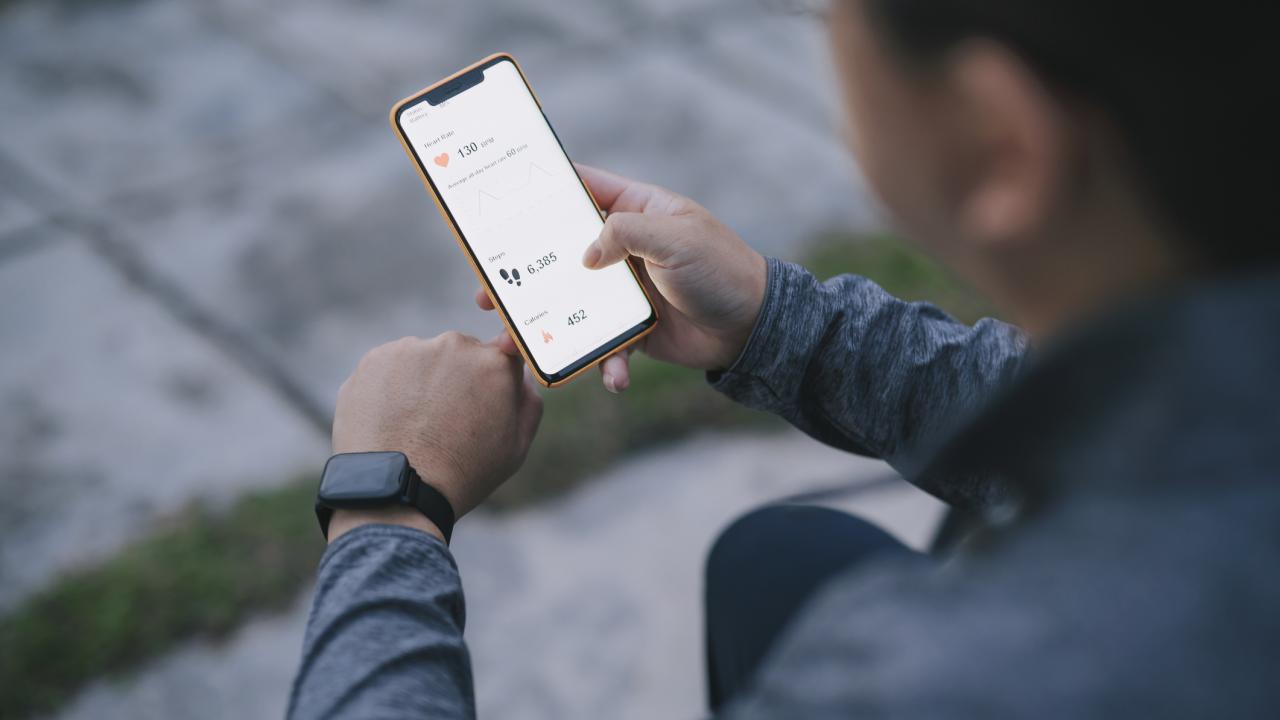
The UCLA Depression Grand Challenge achieved a significant milestone on April 30, 2024, when the Digital Mental Health Study (DMHS) completed data collection, 26 months after starting.
The DMHS involved more than 3,000 participants recruited from UCLA Health and the UCLA student body. Objective measures of factors like sleep, physical activity, heart rate and daily routines were captured using digital sensing technology from iPhone, Apple Watch and sleep monitors given to each participant. Participants also completed daily assessment tasks and quarterly assessment appointments with the DMHS researchers.
The end of the data collection phase marks a transition to an intense data analysis phase designed to illuminate relationships between these objective data and symptoms of depression and anxiety.
The UCLA Depression Grand Challenge’s Digital Mental Health Study, conducted in collaboration with Apple, is a first-of-its-kind digital sensing study, launched in 2020 and engaging more than 3,000 participants who each consented to continuously share various data collected through their personal devices over a 12-month period. The study leveraged digital sensing technologies in iPhone, Apple Watches and Beddit sleep monitors to measure objective factors such as sleep, activity and daily routine, with the aim of identifying relationships between these objective factors and self-reported symptoms of anxiety and depression. Illuminating these relationships could enable health care providers to note warning signs and prevent the onset of depressive episodes, and track the effectiveness of treatment. Additionally, the researchers hypothesize that features from digital sensing may reveal different “subtypes” of depression – a discovery that could facilitate efforts to identify the role of specific genetic, environmental, or social risk factors in causing depression.
Media Contact
Categories
Project Fact Sheet
